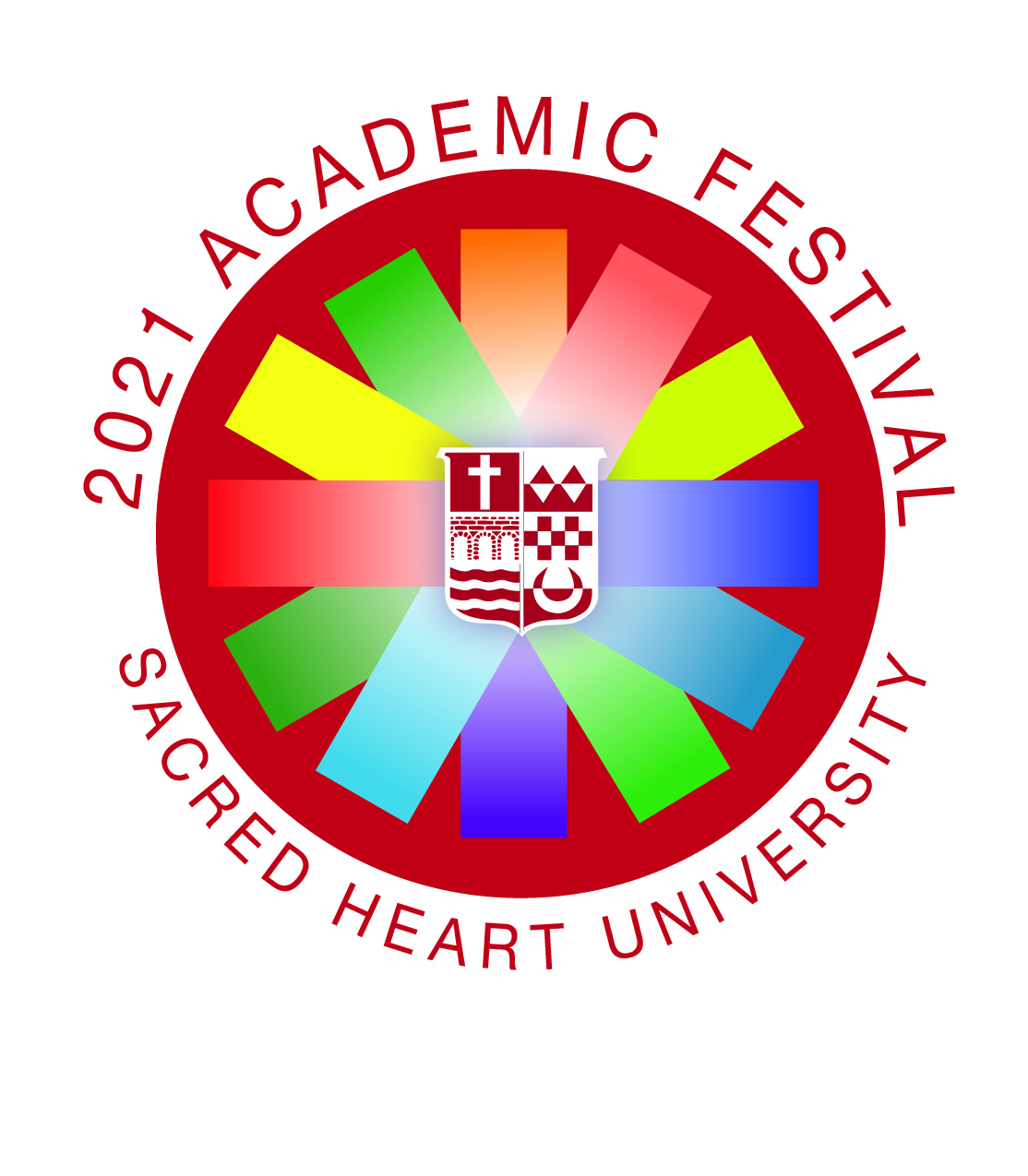Mentor/s
Prof. Mark Jareb Prof. Amanda Moras
Participation Type
Paper Talk
Abstract
Often prescribed stimulant medication, children with Attention Deficit/ Hyperactivity Disorder suffer a wide variety of side effects at a very young age. Even though the use of pharmacotherapy can be beneficial to a number of children, there are serious risks that must be taken into consideration. In addition to the numerous physical side effects experienced by children, early exposure to ADHD medication can also lead to a future dependence on other antipsychotic medications. New concerns are also surfacing regarding the efficacy of drug trials that approve these medications for therapeutic use in young children. Today there are countless alternative approaches parents, teachers, and medical professionals can explore to aide and support these children. The research behind this claim includes exploration of natural and behavior-based methods to help students better manage their ADHD and perform successfully in the classroom. Because of rapid innovation in recent times, technology is being considered as an option to support children with learning and attention disorders. This is proving to be incredibly useful because of the widespread impact of the Coronavirus Pandemic. With the institution of distant learning across all classrooms, children with ADHD are especially suffering. As teachers and parents adjust to this new learning environment, they must pay close attention to their neuro-divergent children. Therefore, adopting natural and alternative approaches of management can prove to be vital to the behavioral and academic success of children with attention disorders.
College and Major available
Interdisciplinary Studies BA/BS
Location
Digital Commons
Start Day/Time
5-5-2021 1:00 PM
End Day/Time
5-5-2021 4:00 PM
Prize Categories
Best Multidisciplinary Research or Collaboration, Most Scholarly Impact or Potential, Most Meaningful
The Efficacy and Ethical Issues of ADHD Medication in Young Children
Digital Commons
Often prescribed stimulant medication, children with Attention Deficit/ Hyperactivity Disorder suffer a wide variety of side effects at a very young age. Even though the use of pharmacotherapy can be beneficial to a number of children, there are serious risks that must be taken into consideration. In addition to the numerous physical side effects experienced by children, early exposure to ADHD medication can also lead to a future dependence on other antipsychotic medications. New concerns are also surfacing regarding the efficacy of drug trials that approve these medications for therapeutic use in young children. Today there are countless alternative approaches parents, teachers, and medical professionals can explore to aide and support these children. The research behind this claim includes exploration of natural and behavior-based methods to help students better manage their ADHD and perform successfully in the classroom. Because of rapid innovation in recent times, technology is being considered as an option to support children with learning and attention disorders. This is proving to be incredibly useful because of the widespread impact of the Coronavirus Pandemic. With the institution of distant learning across all classrooms, children with ADHD are especially suffering. As teachers and parents adjust to this new learning environment, they must pay close attention to their neuro-divergent children. Therefore, adopting natural and alternative approaches of management can prove to be vital to the behavioral and academic success of children with attention disorders.



Students' Information
Isabela Scaglione
STEM Major
Honors
2021